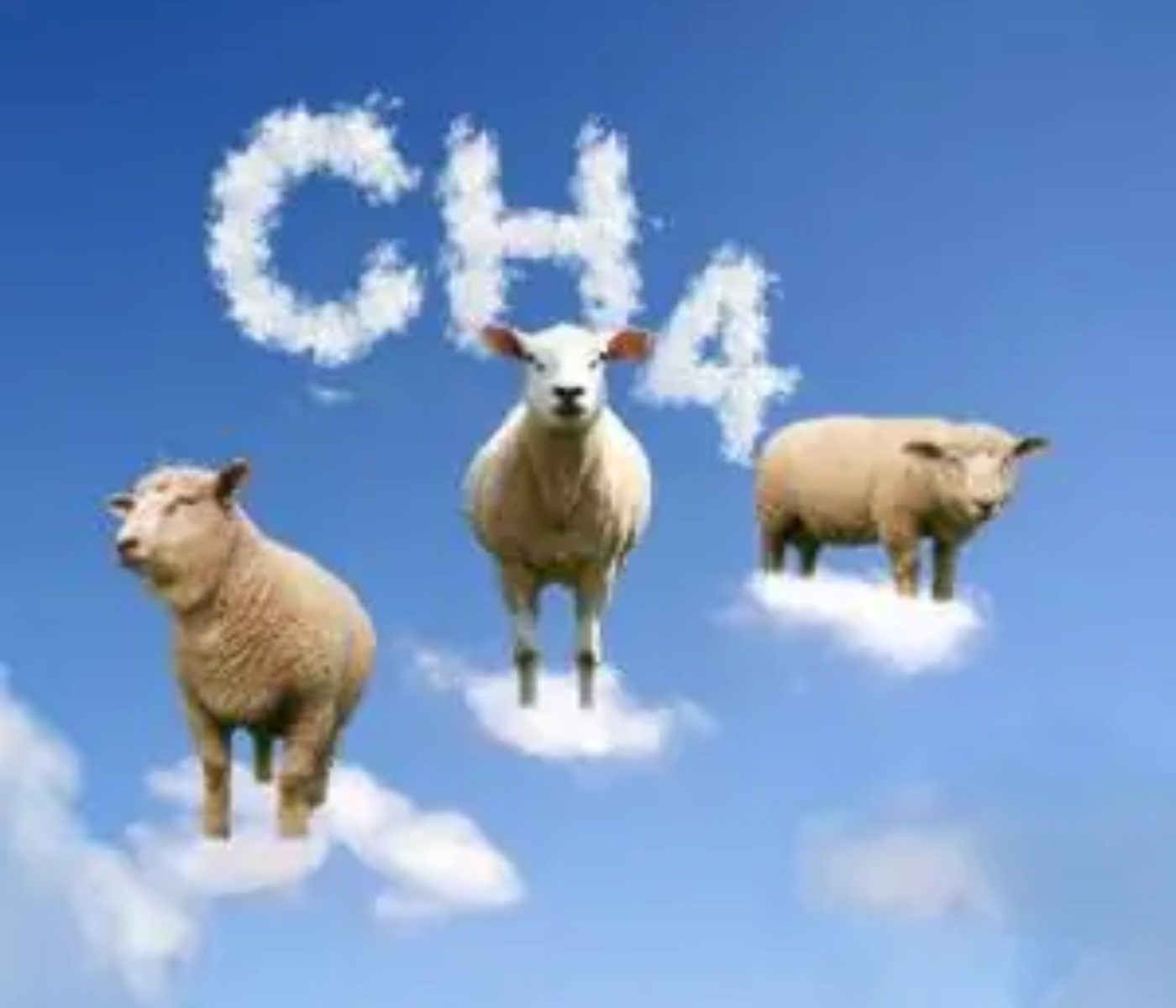 The primary goal is to evaluate whether this dietary modification impacts the physicochemical and organoleptic parameters of lamb meat.
The primary goal is to evaluate whether this dietary modification impacts the physicochemical and organoleptic parameters of lamb meat.
 16 Feb 2024
16 Feb 2024
 Thanks to the COPLAGAN project, there has been a successful reduction in methane emissions and carbon footprint associated with sheep production.
Thanks to the COPLAGAN project, there has been a successful reduction in methane emissions and carbon footprint associated with sheep production.
Spearheaded by CICYTEX, this sectoral initiative introduces a nutritional approach to reduce ruminal methane emissions by integrating by-products from the agri-food industry into ruminant diets.
| In particular, these are by-products abundant in polyphenols, such as those derived from red grape pomace. |
This approach, in contrast, brings about a dual advantage. Not only does it impact methanogenesis, but it also diminishes excesses within the agri-food industry, fostering a closed-loop cycle within a circular economy framework. Ultimately, this contributes to the overarching objective of achieving a more sustainable and environmentally resilient production system.
Initially, an extensive in vitro study was conducted, providing insights into a diverse array of by-products and their impact on ruminal fermentation.
Presently, the in vivo experimental phase is underway, involving daily methane measurements in fattening lambs. To accomplish this, portable laser equipment is utilized, enabling real-time monitoring of methane concentrations exhaled or belched by the animals.
The animals are placed in a feeding system where they have ad libitum access to food, and they are divided into two experimental groups/lots.
One group, the control lot, receives a traditional fattening diet, while the other, the experimental lot, is provided with a reformulated diet containing dried grape pomace.
Additionally, there is daily tracking of individual feed intake, along with weekly monitoring of the animals’ weight and body condition. The project’s ultimate phase is centered on the final product, namely lamb meat.
 The primary goal is to evaluate whether this dietary modification impacts the physicochemical and organoleptic parameters of lamb meat.
The primary goal is to evaluate whether this dietary modification impacts the physicochemical and organoleptic parameters of lamb meat.
This extensive livestock production system is affected by various factors that reduce its profitability. These include environmental dependency worsened by global warming, a significant threat to extensive farming. For instance, higher temperatures induce stress in animals, diminishing productivity and increasing costs. Moreover, it’s marked by locations with low population density and significant aging, resulting in limited modernization and technological advancement in livestock farming.
| Another critical factor is the utilization of indigenous breeds, which, despite being well-suited to the local conditions, typically exhibit lower productivity. |
In order to achieve these goals, this project introduces novel approaches that advocate for a cleaner production method without resorting to additives that may jeopardize human and animal health.
The aim is to evaluate the use of aromatic and/or medicinal plants and their extracts, along with the application of postbiotics directly administered to the animals to enhance their metabolism, health, welfare, and production.
| The generation of methane occurs through a process known as methanogenesis, which occurs within the rumen. This is a physiological process designed to eliminate excess hydrogen produced during the fermentation of carbohydrates provided to animals through their diet. It’s worth noting that methane is inert for both the animal and the microorganisms residing in the rumen and is expelled from the body through eructation and respiration. |
Considering the increasing significance of methane emissions in animal production due to their adverse environmental effects, and with evidence indicating the correlation between the rate of methane emission from ruminal fermentation and the physicochemical characteristics of the diet, the intention is to utilize various agro-industrial by-products to achieve a reduction in methane gas production.
References:
Subscribe now to the technical magazine of animal nutrition
AUTHORS

Nutritional Interventions to Improve Fertility in Male Broiler Breeders
Edgar Oviedo
The Use of Organic Acids in Poultry: A Natural Path to Health and Productivity
M. Naeem
Synergistic Benefits of Prebiotics and Probiotics in Poultry, Swine, and Cattle
Gustavo Adolfo Quintana-Ospina
Hybrid Rye Potential in Laying Hen Feed Rations
Gwendolyn Jones
A day in the life of phosphorus in pigs: Part I
Rafael Duran Giménez-Rico
Use of enzymes in diets for ruminants
Braulio de la Calle Campos
Minerals and Hoof Health in the Pregnant Sow
Juan Gabriel Espino
Impact of Oxidized Fats on Swine Reproduction and Offspring
Maria Alejandra Perez Alvarado